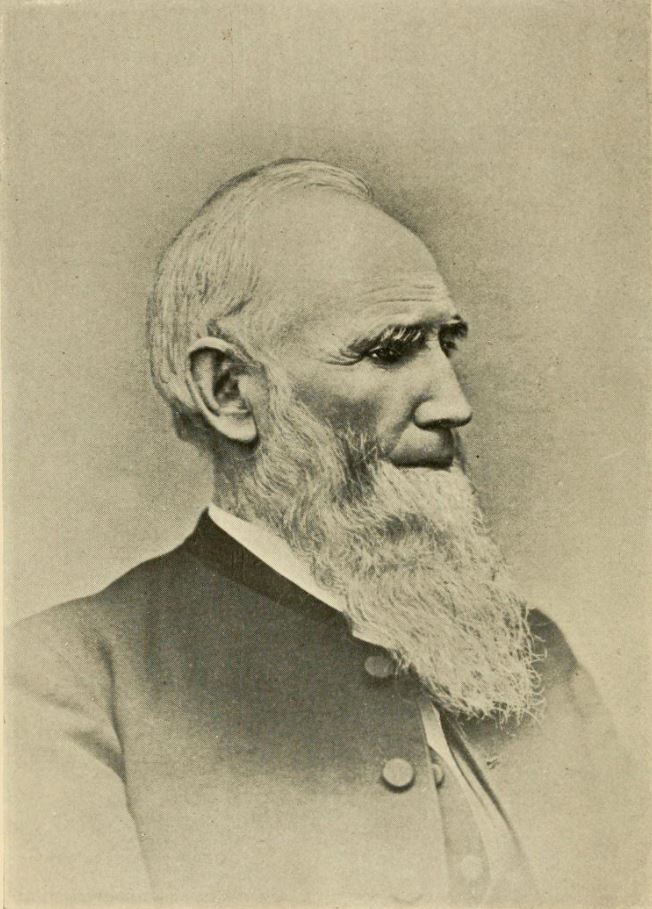Additional information can be found in Part I of Life and Sermons of Elder James Quinter (Mt. Morris, IL: Brethren’s Publishing Co., 1891), and in William Kostlevy’s article on the Church of the Brethren website.
-

Quinter User Guide
Robert H. Ellison
The User Guide for the Library of Appalachian Preaching is a Google Sheet that can be searched, sorted, and downloaded for offline use.
This part of the Guide provides information about Quinter's sermons and addresses. It includes the title, scripture text, date and place the discourse was delivered (if known), and so on. This information is available in the master list of sermons as well.
-

Debate on Trine Immersion, the Lord's Supper, and Feet-Washing: Between Elder James Quinter, of Ohio (German Baptist), and Elder N.A. M'Connell, of Iowa (Disciple)
James Quinter and Nelson Antrim McConnell
In October 1867, Quinter and Nelson Antrim McConnell, who had never met before, came together in Marion, Iowa to discuss three “propositions”: that “Trine immersion is essential to Christian baptism,” that “The Bread and Wine commanded to be taken by the Disciples of Christ…are the Lord’s Supper,” that “The Washing of Feet is an Ordinance established by Jesus Christ” (p. iii). Quinter argued in the affirmative on the first and third proposition, in the negative on the second. The debate took place outside Appalachia; it is included in the Library to help paint a complete picture of Quinter’s oratory.
-

Life and Sermons of Elder James Quinter
James Quinter and Mary N. Quinter
Quinter’s daughter Mary published this book “at the earnest solicitation of [his] friends” (p. 7). She hoped that “glimpses” of Quinter’s life would “prove an encouragement and help” to readers, and that his sermons would bring them “into close contact with a heart warm with the love of Christ and zeal for His cause” (p. 8). H. B. Brumbaugh’s Introduction lists 3 similar goals: to provide “a short sketch of the life of a man who has made the world better by his living in it”; to preserve his sermons “for the benefit and instruction of the ministry”; and to “prove a home ministry in thousands of Christian families, at times when no other opportunity can be had, to have the Gospel preached” (p. 11).

